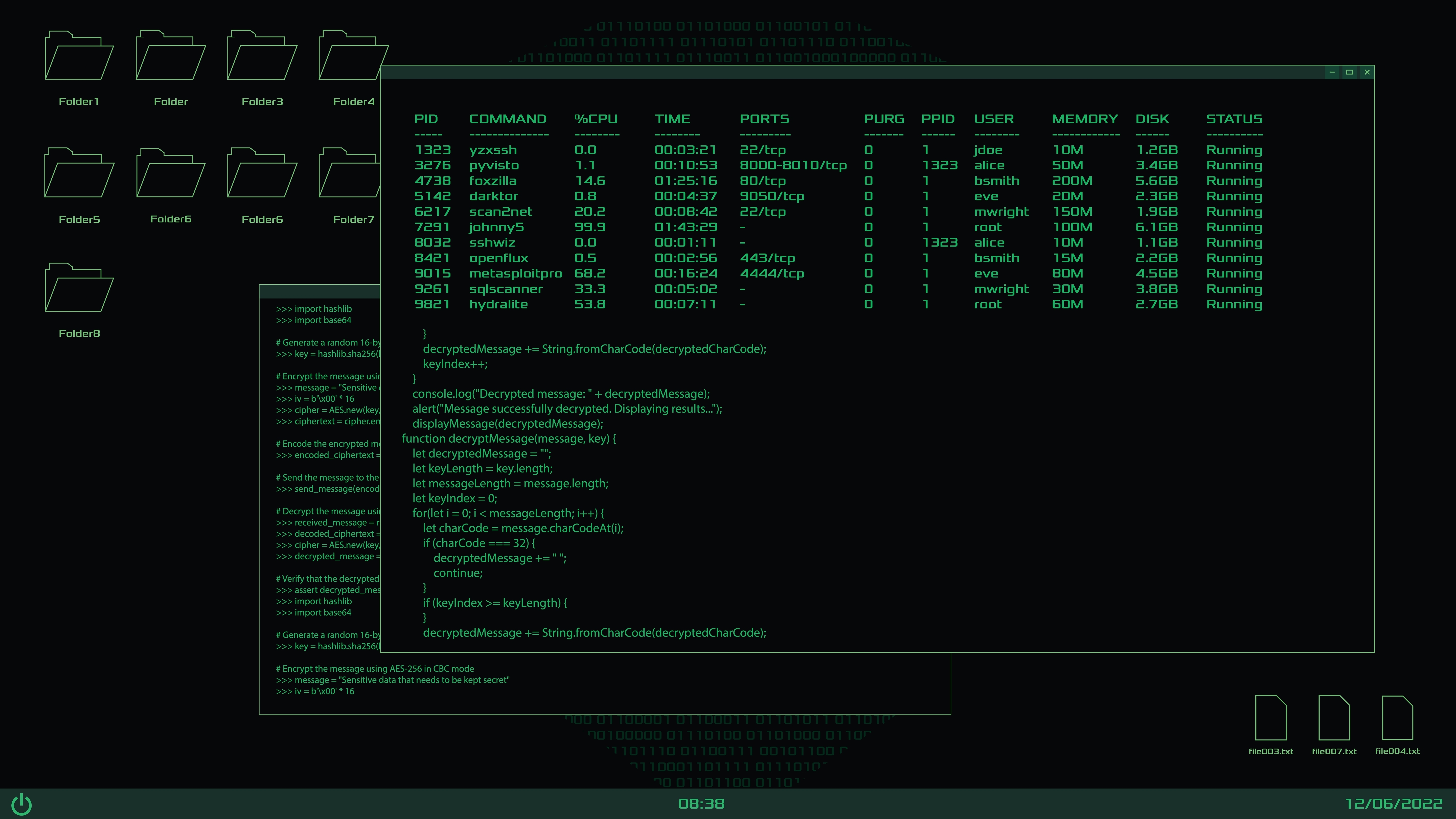Recently, the social giant Facebook announced that it would start testing ads inside its virtual reality system Oculus Quest. The company announced that the ads would be tested inside one of the games of the device, called Blaston, by Resolution Games. Additionally, the public was informed that the ad program would then continue to expand into other games.
The goal of this testing effort was to enable the company to create a self-sustaining platform that could help VR development in the future. Sometime later, Facebook started putting up ads inside some of the virtual reality apps offered in the Oculus Quest device.
However, this announcement wasn’t welcomed positively by Blaston players or general users of the Oculus devices. The game users were criticizing Resolution Games for allowing ads inside of a game they already paid for when they first got it. Not only that, but Facebook, in general, was also being criticized by the public, for deciding to introduce one of the platform’s most controversial features in a brand new medium.
Many people had plenty of questions regarding this new type of ad implementation, including things like how well are the data and hardware information going to be linked for the ads, how the implementation might affect the development of virtual reality, and many others. After that negative wave of feedback and public backlash, the gaming studio reversed its decision, stating that there won’t be any ads tested inside of its game Blaston.
Nevertheless, although Resolution Games isn’t going to be testing any ads within that game, it can still do so in some of its other games, which are free to play, instead of paid games. The company stated as much, saying it would try temporary testing ads within the free game Bait! sometime soon. Additionally, the Resolution Games CEO also added that if ads become inevitable within VR games, the company wanted to take a positive step in the direction of delivering ads the right way to the games’ players.
The social media platform Facebook also acknowledged the statement and decision from Resolution Games, with a spokesperson saying that developers were able to receive various tools and support to ensure everything runs smoothly for both parties, as well as their users.
While Resolution Games took the right step in listening to its users and responding according to their requests, many are still not satisfied with how Facebook is proceeding with ad implementation across a variety of mediums.
Crisis Communications for Beauty Brands
When a beauty brand faces a crisis, the clock starts ticking immediately. Whether it's a...
How PR Shapes Trust in a Post-Hype Blockchain Era
The blockchain industry has weathered multiple storms—from spectacular exchange collapses to...
The Intersection of Corporate Communications and Cybersecurity Messaging
When a cybersecurity incident strikes, the technical breach is only half the battle. The other...




